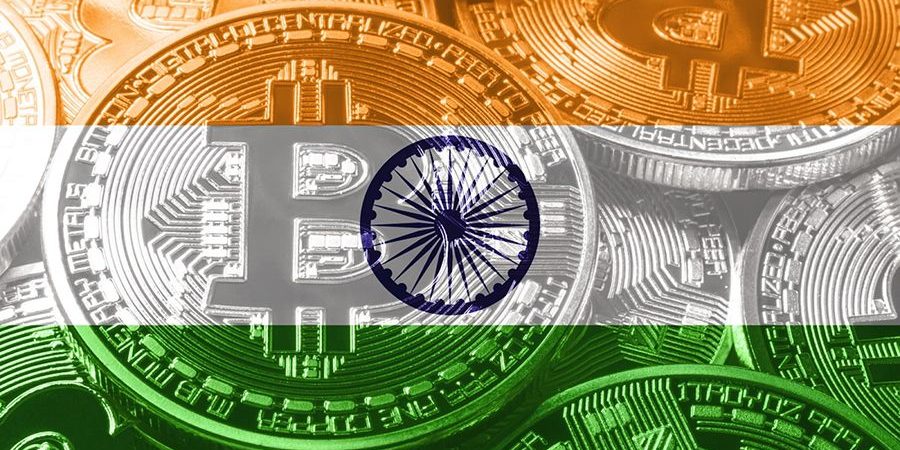Reserve Bank of India Deputy Governor T. Rabi Sankar called cryptocurrencies a scam and believes the government should ban them entirely.
T. Rabi Sankar substantiated his position by the fact that, in his opinion, cryptocurrencies have no intrinsic value. He called investments in digital assets “investments in a perpetual coupon”, in which the investor will receive neither interest nor principal. Sankar also believes that cryptocurrencies do not fall under the definitions of a currency, asset, or commodity, as many cryptocurrency proponents claim.
“Let’s say bitcoin can bring a lot of profit. But the same thing happened with the “tulip fever” in the Netherlands in the 17th century. Cryptocurrencies are all about speculation and gambling. Even the scheme designed by Charles Ponzi in 1920 was socially better than cryptocurrencies. People invested in income generating assets,” Sankar said.
According to him, the adoption of private cryptocurrencies will be a “step back”, and this will greatly affect the social, economic and legal structure of society. Due to the introduction of private digital currencies, there will be no need to use the Indian rupee. Ultimately, this will lead to the dollarization of the Indian economy, as the country will have a parallel currency system, and the RBI will no longer be able to control the state’s financial system.
“Dollarization will undermine the ability of the authorities to control monetary resources and interest rates, as the monetary policy of the central bank will no longer affect currencies or payment instruments other than the rupee. When this happens, India will lose not only its currency and sovereignty, but also its position in the political arena,” said the Deputy Governor of the RBI.
He recalled that bitcoin and other cryptocurrencies were created as a technological solution due to distrust in the banking system. This marked the beginning of the development of decentralized finance (DeFi), the main task of which is to democratize the financial system. A large number of bitcoins are held in whale addresses, raising doubts about bitcoin’s decentralization, Sankar said.
However, last year’s data from Glassnode shows that despite the rise in the number of whales, the amount of BTC held by retail investors has increased by 130% in three years. In addition, Sankar believes that cryptocurrencies are mainly used to bypass the financial system and make illegal transactions. He added:
“It can also be argued that the drug trade is a widespread phenomenon, so it needs to be legalized and regulated. If cryptocurrencies are banned, the vast majority of law-abiding investors will refrain from investing in digital assets. Only a few will continue to invest in them, and, in fact, they will be engaged in illegal activities. Such exceptions should reinforce the need for the ban, not abolish it.”
According to a recent study by Deloitte, even amid the uncertainty of crypto-currency regulation in India, more than half of investors are ready to invest in crypto-assets.







